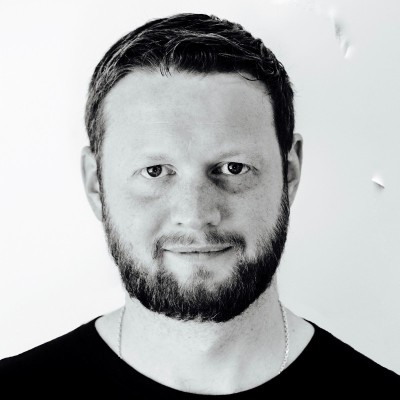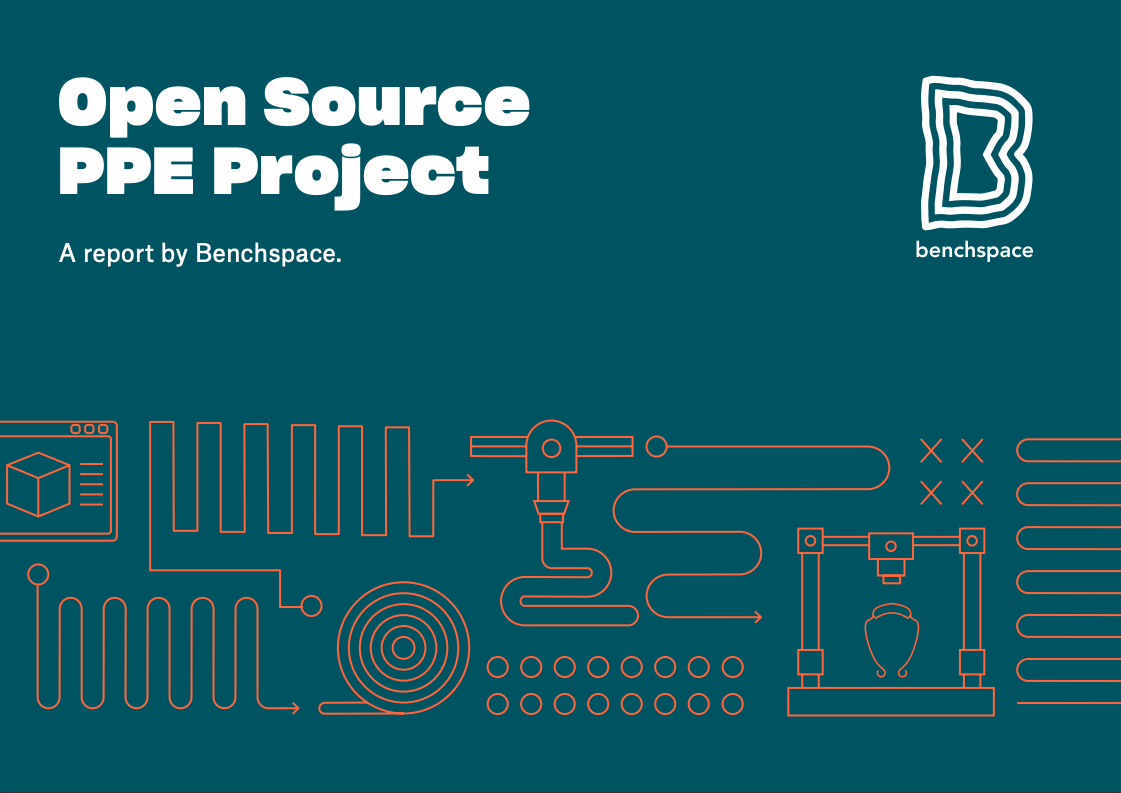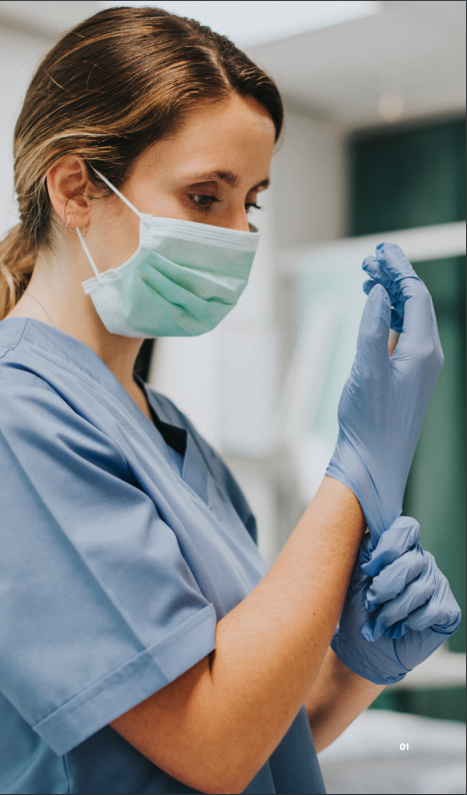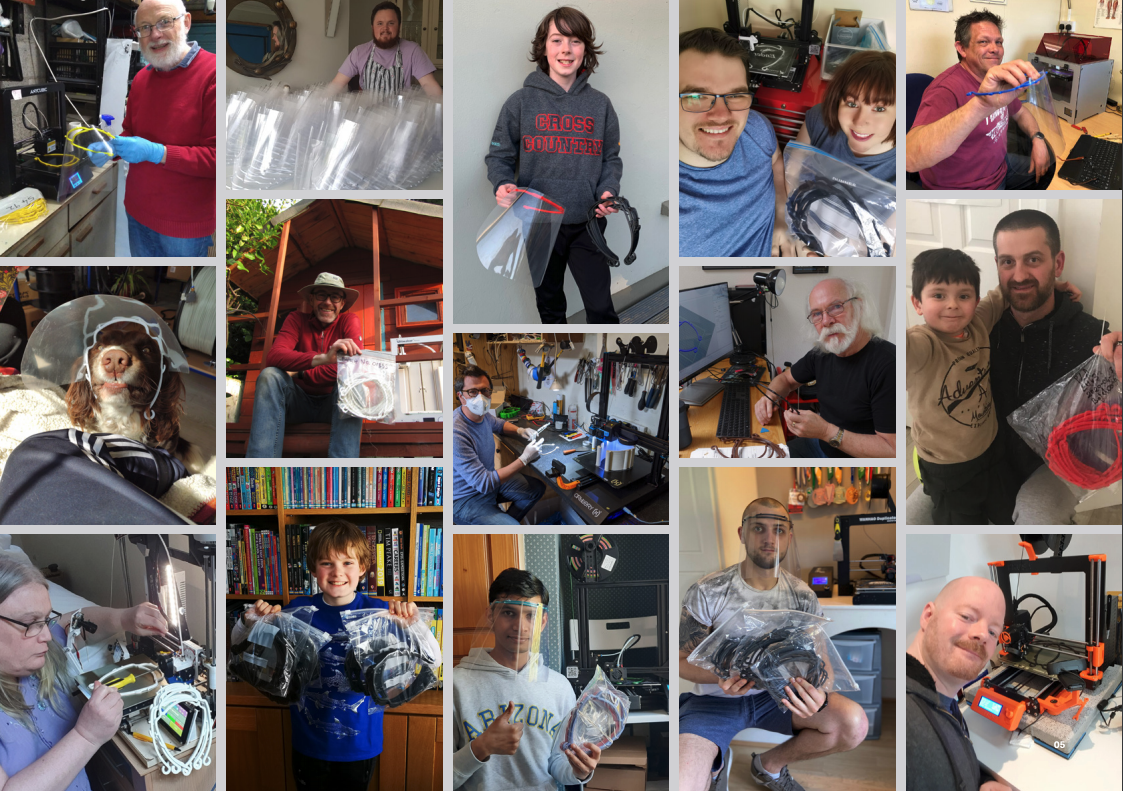Benchspace Cork Unite Makers Across The Nation In response To Shortage Of PPE
 Jay Bradley Project Contributor
Jay Bradley Project Contributor

A National Crisis
Witnessing the challenges facing other countries during the emerging COVID-19 pandemic allowed Ireland to plan in advance its response to the crisis.
Shortages of personal protective equipment (PPE) were highlighted as a critical issue for frontline healthcare staff - placing these workers at high risk of infection and reducing the ability of healthcare services to save lives. Governments and public health officials were faced with the considerable challenge of obtaining sufficient quantities of PPE on competitive international markets.
Face shields are an essential component of PPE for healthcare providers treating patients with confirmed or suspected COVID-19 infection. In Ireland, this includes the large number of frontline healthcare workers in COVID-19 testing centres, community assessment hubs and nursing homes.
In anticipation of the needs of these healthcare workers, a number of manufacturing companies in Ireland had started developing face shields. However, it would be weeks before these were available to the Health Service Executive (HSE) for purchase. Because of this, a gap was expected between the immediate needs of Irish healthcare workers and the availability of a reliable supply of PPE, including face shields.
-
Prusa Face Shields
The Czech company thats guiding a Global 3D Printing Pandemic response

The Open Source PPE Project
In the fourth week of March 2020, as the number of COVID-19 cases in Ireland passed 1,000, several organisations in Cork were working to meet the needs of Irish healthcare workers for face shields.
Such group of engineering and regulatory professionals from local healthcare industries had started prototyping designs and working with healthcare organisations to test them. At the same time, the staff and members of Benchspace - Cork’s shared manufacturing hub - brought together a national network of 3D printers and established a crowdfunding platform to finance face shield production.
The Open Source PPE project began as a collaboration between these two groups. We combined our expertise to bridge the gap between the immediate needs of Irish healthcare workers for face shields and the anticipated arrival of a commercial supply. To achieve this we were joined by a coalition of nonprofits, industry partners, the Irish Defence Forces and over three hundred 3D-printing, collection, and assembly hub volunteers.
Together these Open Source PPE volunteers built a nationwide manufacturing network, established three central assembly hubs, and in just seven weeks, produced over 50,000 face shields for frontline healthcare workers in COVID-19 test centres, community assessment hubs and nursing homes.
3D Printers Unite
A Micro-Factory Network. As stay-at-home restrictions were introduced across Ireland, we opened a national campaign to recruit volunteers with access to 3D printers.
This began with a simple social media call, reaching out to Ireland’s maker community. It soon grew to include local and national newspapers, alongside radio and television coverage. In the first few days of the campaign, 80 volunteers signed up to participate in our micro-factory network. This increased daily, to a network of over 300 volunteers nationwide.
The majority of these volunteers were individuals with home-based 3D printers. They included hobbyists, professionals, students, and families. Our youngest volunteer was just 10 years of age. Many came from Ireland’s engineering community; after Engineers Ireland promoted the Open Source PPE project to its members. As the network expanded, it was joined by volunteer organisations with access to large numbers of 3D printers. These included schools, libraries, institutes of technology, universities, industry and the Irish Defence Forces. Where these organisations could not participate directly, they generously loaned their 3D printers to volunteers in the network instead.

Many volunteers went beyond 3D printing to provide online technical support, develop our website, coordinate the national collection service and establish assembly hubs. The Open Source PPE project could not have happened without their contributions.